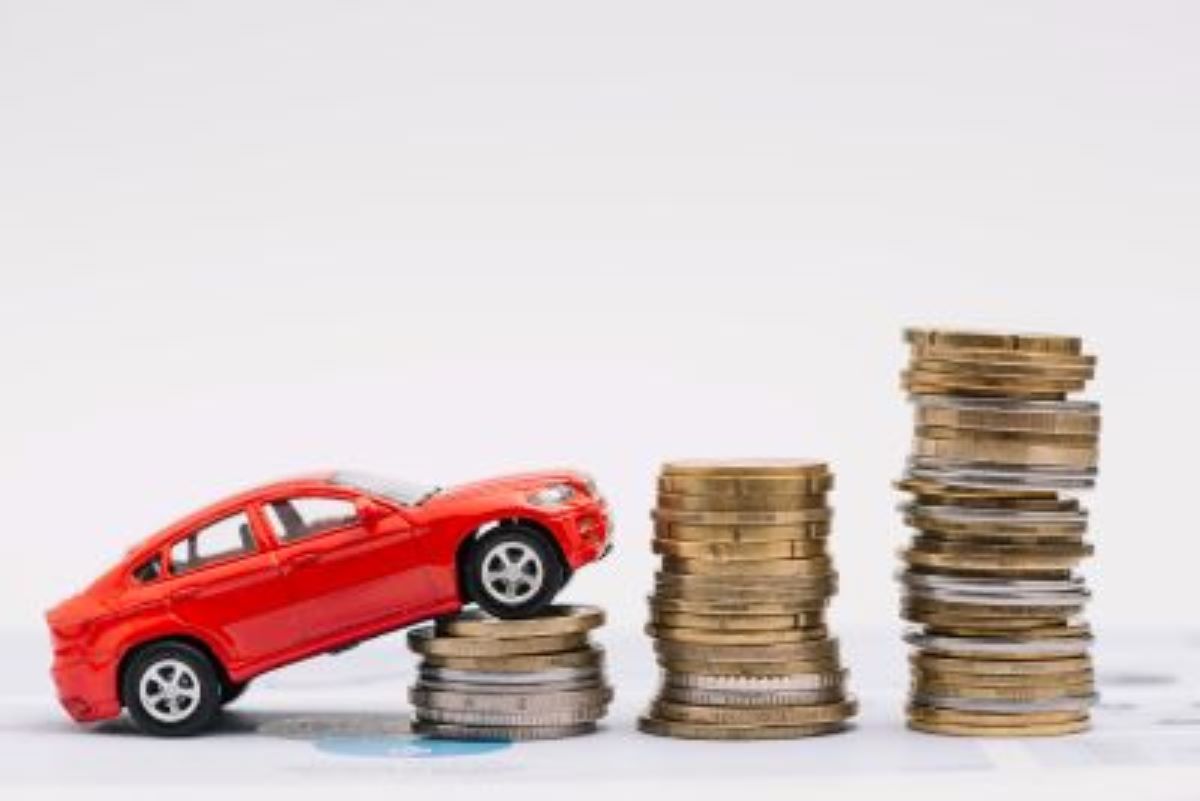Introduction
The question of whether buying a car is a waste of money has become a topic of hot debate in a fast-developing nation like India. Others contend that having a car may not be the most economical choice due to the expansion of public transit, rising fuel prices, and the ease of ride-sharing services. Some, though, think that owning a car gives you unmatched flexibility and convenience. In this post, we’ll look into the numerous facets of car ownership in India and examine the variables that influence people’s decisions.
The Cost of Owning a Car
There are unquestionably financial costs associated with car ownership. In addition to the initial cost of buying a car, there are several recurring costs to think about. They consist of parking fees, insurance, fuel, maintenance, and registration costs. Many Indian middle-class households spend a large percentage of their monthly income on car maintenance.
The Convenience of Personal Transportation
The convenience a car offers is one of its main advantages. In particular, in isolated places, public transport is not always dependable or available. Owning a car enables people to move at their leisure without being constrained by set routes or schedules. Furthermore, it comes in handy most when there is a need for immediate transportation, such as in case of emergency.
India’s Public Transportation System
India has a sizable and constantly growing public transport system. People may commute without a car more easily because of the connections made by buses, trains, and metro services between various regions of cities and towns. The cost of using public transport is typically less than that of owning a car, and it leaves a far smaller carbon imprint, helping the environment.
Environmental Impact
It is impossible to ignore how India’s rising vehicle ownership is affecting the environment. Air pollution and greenhouse gas emissions grow in direct proportion to the number of vehicles on the road. Using public transport or more environmentally friendly options like cycling and electric cars can be vital to reducing the carbon footprint as India works to address its environmental problems.
Depreciation and Resale Value
Cars are assets that lose value over time. The first few years of ownership considerably impact a new car’s value. Choosing a car with a higher resale value might help reduce some of the upfront expenditures when it comes time to sell or trade in the vehicle, even if this depreciation is unavoidable.
Rising Fuel Prices
Car owners are quite concerned about the consistent rise in fuel costs. If a family relies significantly on their car for everyday commuting, fuel expenses might have a significant influence on their budget. It is crucial to take fuel costs into account when making a decision to purchase a car because they change along with the price of oil on a worldwide scale.
Insurance and Maintenance
The price of car insurance, which is required in India, might vary based on the region, make, and model of the vehicle. To keep the car operating well and to avoid future expensive repairs, regular maintenance is also essential. These continuing costs can mount up, so it is important to consider them while making decisions.
The Rise of Shared Mobility
Urban mobility has changed dramatically with the introduction of ride-hailing services and car-sharing platforms. One may order a cab or share a trip with just a few clicks on a smartphone, negating the need for a personal vehicle, especially for infrequent travelers or those who would rather forego the difficulties of parking and maintenance.
Lifestyle and Individual Preferences
The choice to purchase a car ultimately comes down to a person’s lifestyle and personal preferences. Some people put possessing a personal car above all other factors because of its independence and convenience. On the other hand, folks who reside in well-connected locations with excellent public transport could discover that having a car is unnecessary and expensive.
The Joy of Ownership
Owning a car is more than just a utilitarian choice for many individuals; it’s also an emotional one. The satisfaction of owning a car, the freedom to personalize it, and the ease of having a private area when driving are all benefits that cannot be measured just in terms of money.
Conclusion
To conclude, various criteria determine whether purchasing a car in India is a waste of money. Individuals must carefully consider their financial circumstances, lifestyle, and transportation demands because there is not a single choice that will work for everyone. While there is no denying that vehicles provide convenience and independence, it is crucial for prospective car purchasers to carefully consider their alternatives in India due to the country’s expanding public transport network, growing fuel prices, and environmental concerns.

